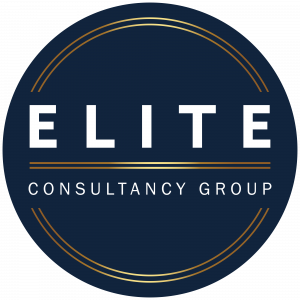Independent lettings agents play an important role in the property market, providing personalized services to landlords and tenants. However, when it comes to managing lettings compliance, these agents face several challenges that can be time consuming and potentially expensive to tackle consistently and effectively. This blog explores some of these challenges and suggests ways to overcome them.
1. Keeping up with regulatory changes
One of the biggest challenges for independent lettings agents is keeping up with regulatory changes. The laws and regulations governing the property market are constantly changing, and it can be difficult for agencies to stay up-to-date with these changes. Failure to comply with the latest regulations can result in hefty fines or legal action, which can be damaging to the reputation and finances of any business.
To overcome this challenge, lettings agents need to make a concerted effort to stay informed about regulatory changes. This can involve attending training courses, subscribing to industry publications, or joining professional associations that provide updates and guidance on compliance issues.
2. Document management
Another challenge faced by independent lettings agents is document management. Compliance requires accurate and timely record-keeping, which can be time-consuming and prone to errors. Lettings agents need to maintain a variety of documents, such as tenancy agreements, inventory reports, gas safety certificates, and deposit protection certificates.
To keep on top of document management effectively, lettings agents may need to invest in a robust document management system. Any system should allow them to store and access documents easily, track changes and updates, and generate reports on compliance status. Additionally, lettings agents should establish clear procedures for document management, including policies for document retention and destruction.
3. Communication with landlords and tenants
Effective communication with landlords and tenants is critical for lettings agents when managing lettings compliance. Lettings agents need to inform landlords and tenants about their rights and responsibilities, provide clear guidance on compliance issues, and respond promptly to queries and concerns.
To improve communication with landlords and tenants, lettings agents should establish clear channels of communication, such as email, phone, or online portals. They should also provide regular updates on compliance issues, such as changes to regulations or updates on the status of inspections and certifications.
4. Balancing compliance with customer service
Independent lettings agents need to balance compliance with customer service. Compliance requirements can be time-consuming and costly, and some landlords and tenants may see them as a nuisance. However, non-compliance can lead to legal action, damage to reputation, and loss of business.
To balance compliance with customer service, lettings agents should educate landlords and tenants about the importance of compliance and the consequences of non-compliance. They should also offer value-added services, such as maintenance and repairs, that can improve customer satisfaction and retention.
5. Regular portfolio and process review
Finally, it’s vitally important for lettings agents to keep checking that things are still in good shape. Regularly auditing their portfolio, checking that everything remains compliant, and reviewing processes needs to happen frequently and consistently which will allow you to act quickly and make any changes needed to ensure you remain compliant on every tenancy/across your portfolio.
Ongoing compliance management for independent lettings agents can be time consuming and costly, and there is a lot to stay on top of. The consequences of getting it wrong are also very serious for any organisation.
At Elite Consultancy we recognise how challenging this can be, which is why we launched our Outsourced Compliance Management Solution. If you need help with your compliance management talk to us, we can help.






